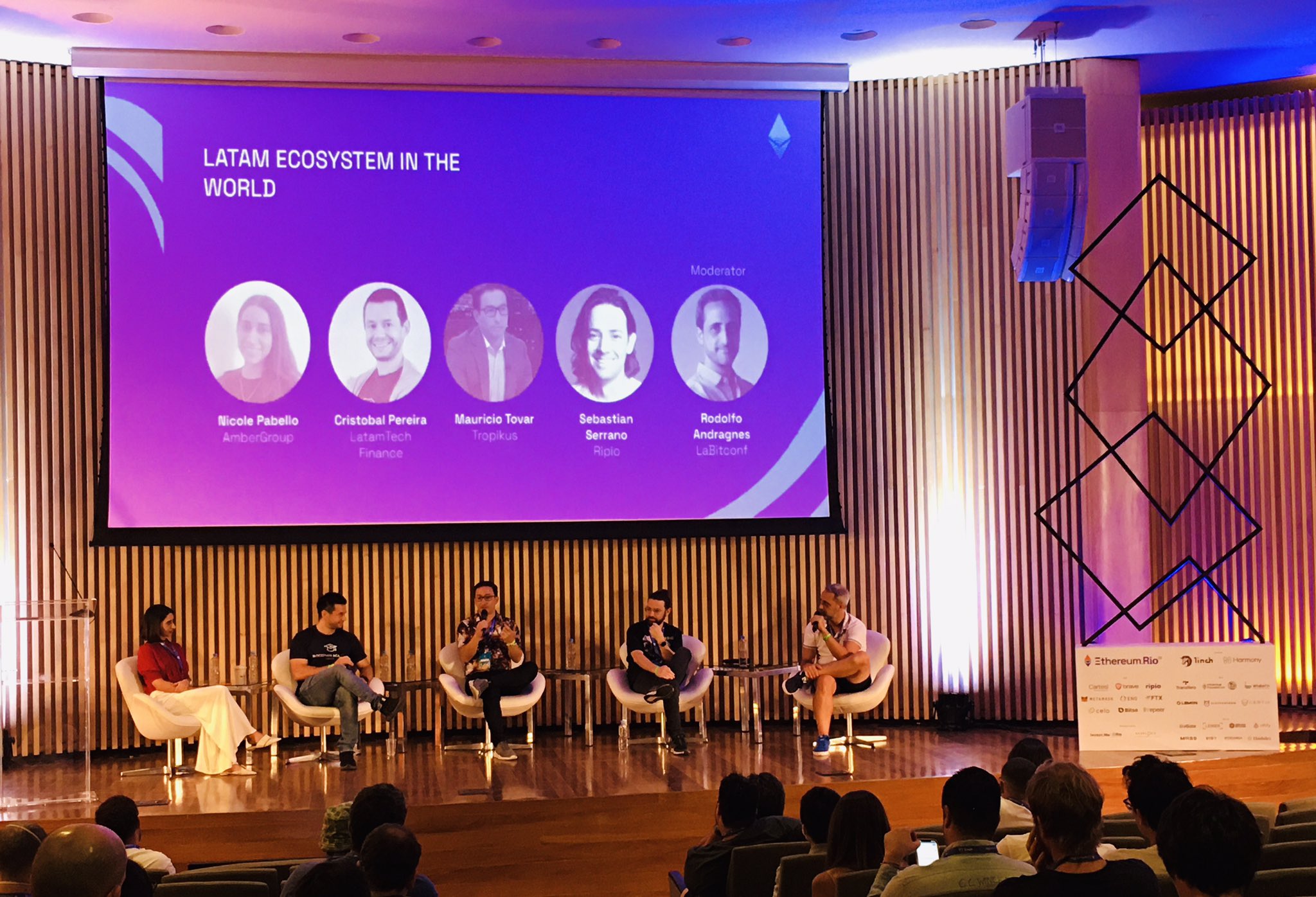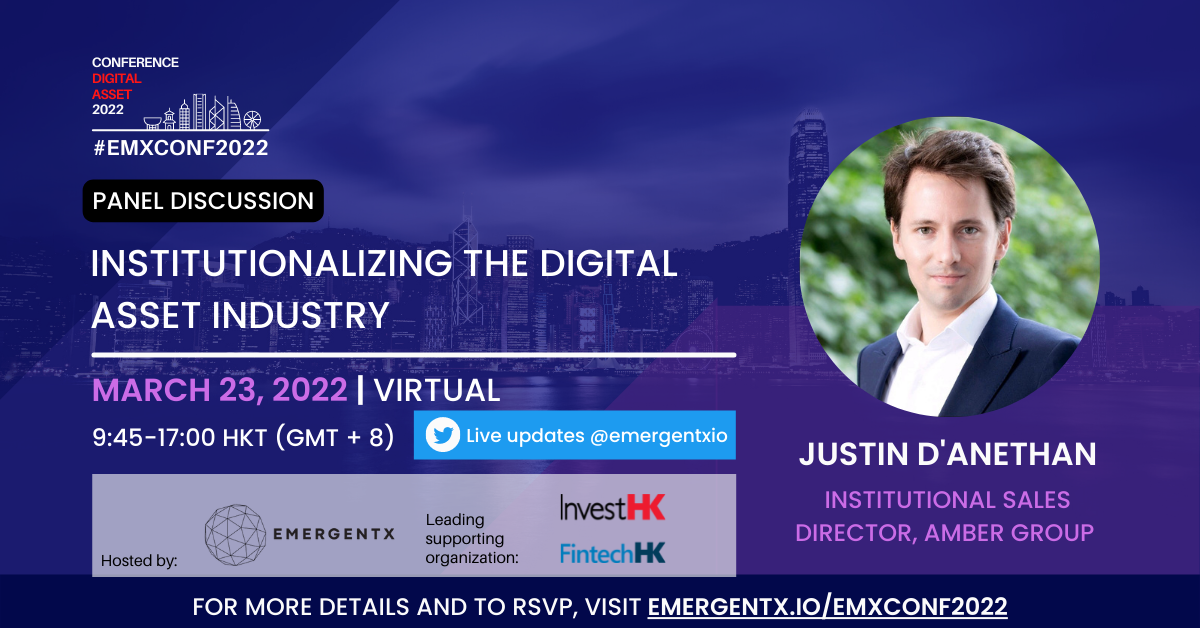Africa has vast potential for cryptocurrencies. Noting the rising popularity of Bitcoin in the continent, Jack Dorsey, Twitter, and Square CEO said Africa will define the Bitcoin future.
The American tech entrepreneur’s prediction is spot on. The continent’s crypto scene is rapidly growing and CryptoAltum, a FX, crypto, and indices CFD broker, plays a key role in this revolution.
In the last few months, Nigerian interest in Bitcoin has trounced that of other global Bitcoin hubs, positioning itself as Africa’s leading source of BTC trading volumes. The West African country and the most populous in the continent has the swiftest growing crypto market in the world. Its wallet app activity peaked in April 2020, with its citizen’s interest in the digital currency’s news on Google search taking the top spot globally.
In Kenya, Effect.AI is collaborating with musician Akon’s Akoin to sensitize Kenyan’s on the opportunities that lie within blockchain technology. The Dutch firm is working with the Senegalese-American blockchain supporter to set up an Opportunity Hub in the East African country. The venture, the first of its kind in the continent, will not only promote AI and blockchain education but will offer online work.
Here jobs will be paid in crypto on the Effect.AI’s network that runs on the EOS blockchain. The Dutch firm that creates high-quality training data within decentralized networks already has an Opportunity Hub running in Rustavi, Georgia. The educational centers that promote tech knowledge and boost blockchain job opportunities have the support of the United Nations Development Program.
A Bright Future for BTC in Africa
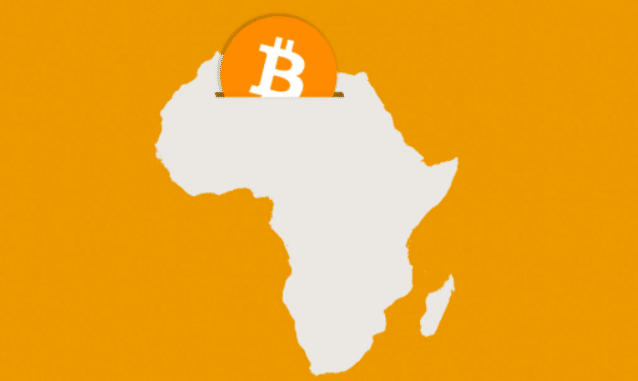 Meanwhile, a Luno report notes that Africa’s socio-economic challenges make it a fertile ground for cryptocurrency use. While a large part of the world views crypto assets as a speculative investment and trading tools, Africans use them as solutions to the challenges of political instability, currency volatility, and inflation.
Meanwhile, a Luno report notes that Africa’s socio-economic challenges make it a fertile ground for cryptocurrency use. While a large part of the world views crypto assets as a speculative investment and trading tools, Africans use them as solutions to the challenges of political instability, currency volatility, and inflation.
According to the World Bank, it is only nine of Africa’s 54 countries that have a positive score on its instability index. 2019 for instance, had the highest number of civil conflicts since 1946. Shaky political conditions are bound to adversely affect the continent’s GDP expectations.
This tumult often leads to wealth confiscation and forced migration. Africa also has a dearth of traditional banking services. Data shows that the need for banking services is so high that the ratio of commercial banks to 100,000 people is 61 percent lower than the global average.
Remittances are also very costly across sub-Saharan Africa. The cost of international and cross-border payments for a meager $200 could go as high as 9 percent contrasted to a 6.8 percent global average.
Africa has long relied on the legacy SWIFT which is slow and expensive. The need for cost-effective remittance solutions is high, because over 25 million Africans work outside the continent. They remitted over $48 billion back to their countries in 2019.
Challenges Will Lead to Mass Crypto Adoption
These challenges have forced African economies to leapfrog traditional finance institutions, giving rise to mobile money solutions such as MPesa transactions.
Over 21 percent of adults in Africa are reliant on mobile money services that only require basic mobile devices. For this reason, Africa is more open than any other market to alternative financial solutions, including cryptocurrencies. Unlike mobile money services that have a two percent hefty price tag on each transaction, cryptocurrencies are very competitive.
Bitcoin is also a unique wealth preservation asset. Cryptocurrencies combine the benefits of safe-haven assets such as gold and unequaled censorship resistance. There are therefore the assets to go for during political chaos.
Decentralized finance and digital currencies are also providing a cheaper, reliable, more accessible, and safer option for the storage of money. While the continent lags in smartphone adoption and internet penetration, the trends are changing fast.
By 2025, there will be over 690 million smartphones in the continent, up from lows of 250 million in 2017. A low 39.9 percent of the population in Africa has access to the internet. Fortunately, many investments geared towards increasing internet penetration.
Africa’s interest in Bitcoin and crypto is greatly hampered by a lack of crypto infrastructure. To overcome challenges, Africa has embraced over-the-counter (OTC) trading with most running through either WhatsApp or Telegram, or informal OTC. Analysts estimate that actual volumes through these informal channels could be eight times higher than stated.
CryptoAltum as an on-ramp Suitable for Bitcoin and Crypto Traders in Africa
Crypto adoption is a logical move for the African people. Owning Bitcoin has its benefits but trading BTC and crypto assets supported by leading crypto CFD brokers like CryptoAltum tags several irresistible advantages.
CryptoAltum is aware that Africa loves Bitcoin and cryptocurrencies, and its traders are yearning to profit from crypto price volatility.
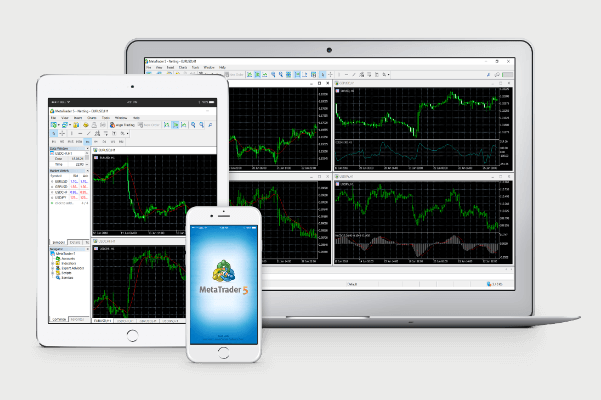
As such, they are lessening challenges associated with access to trading crypto assets but eliminating the need of individual traders storing digital assets by offering attractive CFD derivative products which track the actual prices of several supported coins like Bitcoin and Ethereum.
Through CryptoAltum, ambitious crypto and Bitcoin enthusiasts from African can trade and create an alternate source of income from this emerging asset class.
CryptoAltum has a 1:500 leverage and offers over 60 crypto trading pairs on top of Forex, gold, and indices CFDs. CryptoAltum also offers free VPS to clients if they make a minimum deposit and clear a minimum monthly trading volume
Besides, our platform charges the lowest fees with zero commission and no hidden fees. To get started is pretty straight forward and has no hassles. All you need is your name and a working email address. Those who can’t trade right away can experiment with a free demo account. For security, CryptoAltum client’s funds are kept in cold storage with multi-signatures for maximum security against hackers.
Moreover, we regularly host free educational webinars for those who want to perfect their crypto and FX trading skills or learn more about CryptoAltum. The first will be held on Aug 27, 2020 18:00 WAT, the registration link is here.
Combined, the crypto CFD platform provides requisite tools needed for all cadres of traders to succeed in a fast-paced crypto trading environment.
Disclaimer: This is a sponsored post. Readers should do their own due diligence before taking any actions related to any company, product or service mentioned in this article. BitcoinAfrica.io is not responsible, directly or indirectly, for any loss or damage caused by or in connection with the use of or reliance on any content, product or service mentioned in this post.
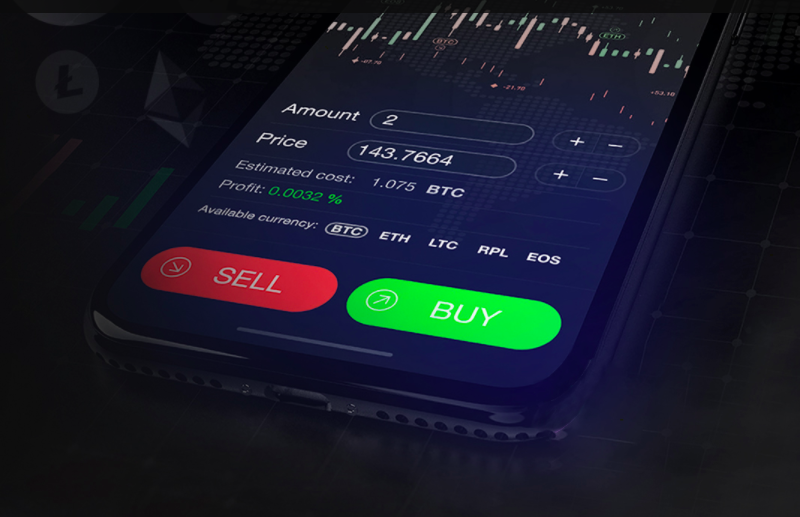

 Features3 years ago
Features3 years ago
 Bitcoin2 years ago
Bitcoin2 years ago
 Features3 years ago
Features3 years ago
 Features3 years ago
Features3 years ago
 Features3 years ago
Features3 years ago
 Features3 years ago
Features3 years ago
 Features8 months ago
Features8 months ago
 Bitcoin10 months ago
Bitcoin10 months ago
 Meanwhile, a Luno
Meanwhile, a Luno 




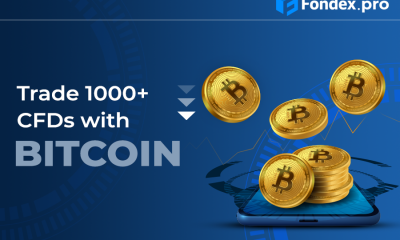










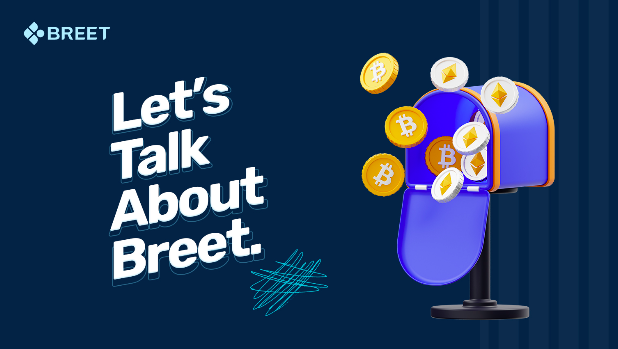
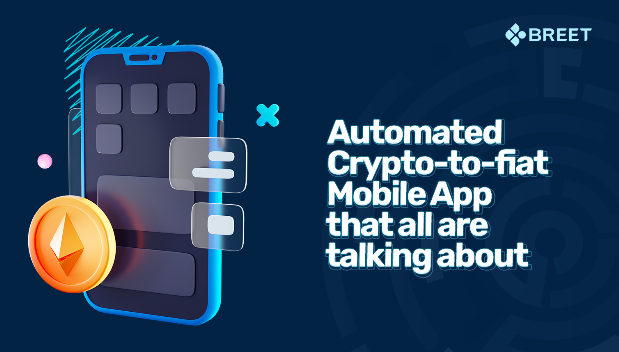

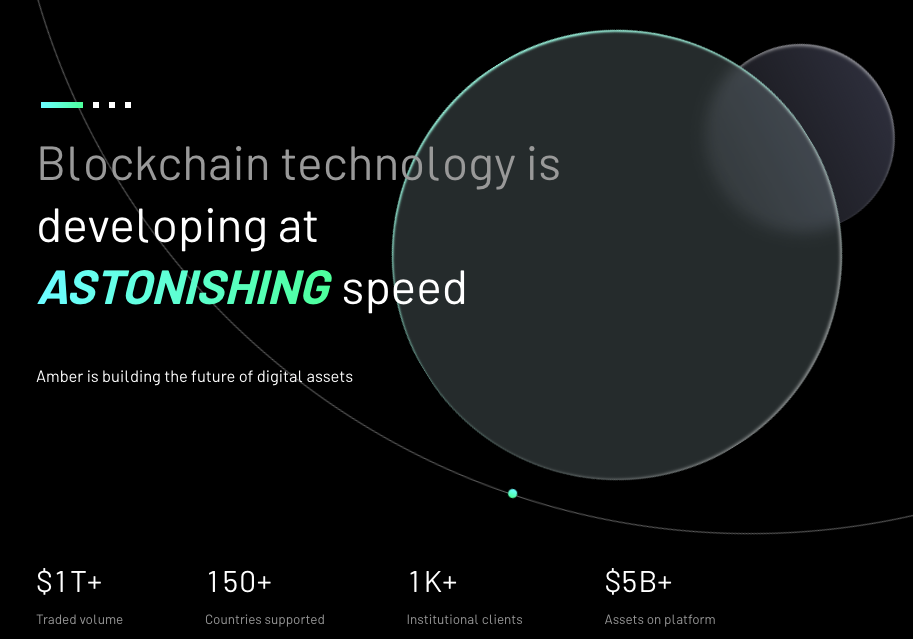
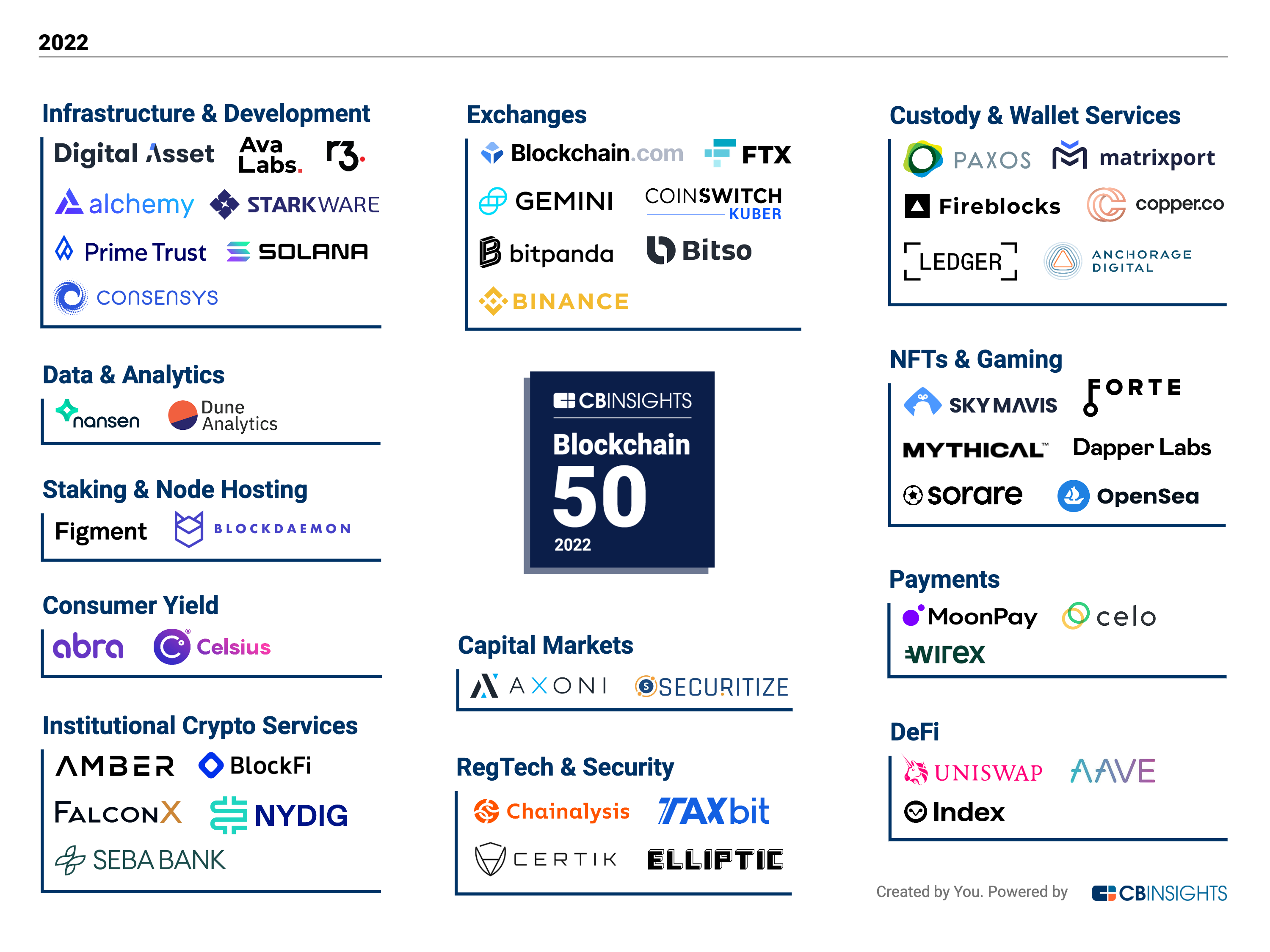
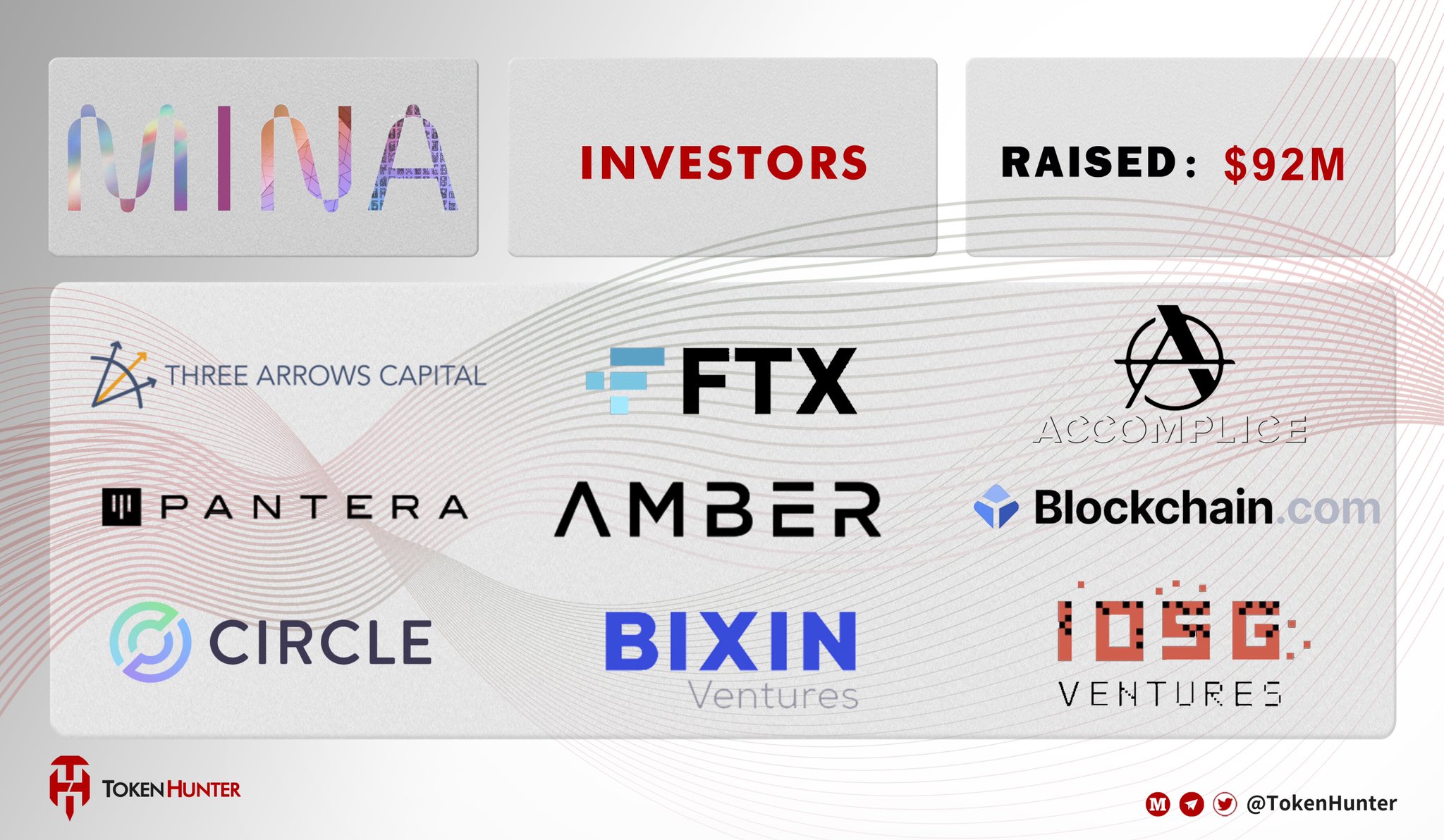

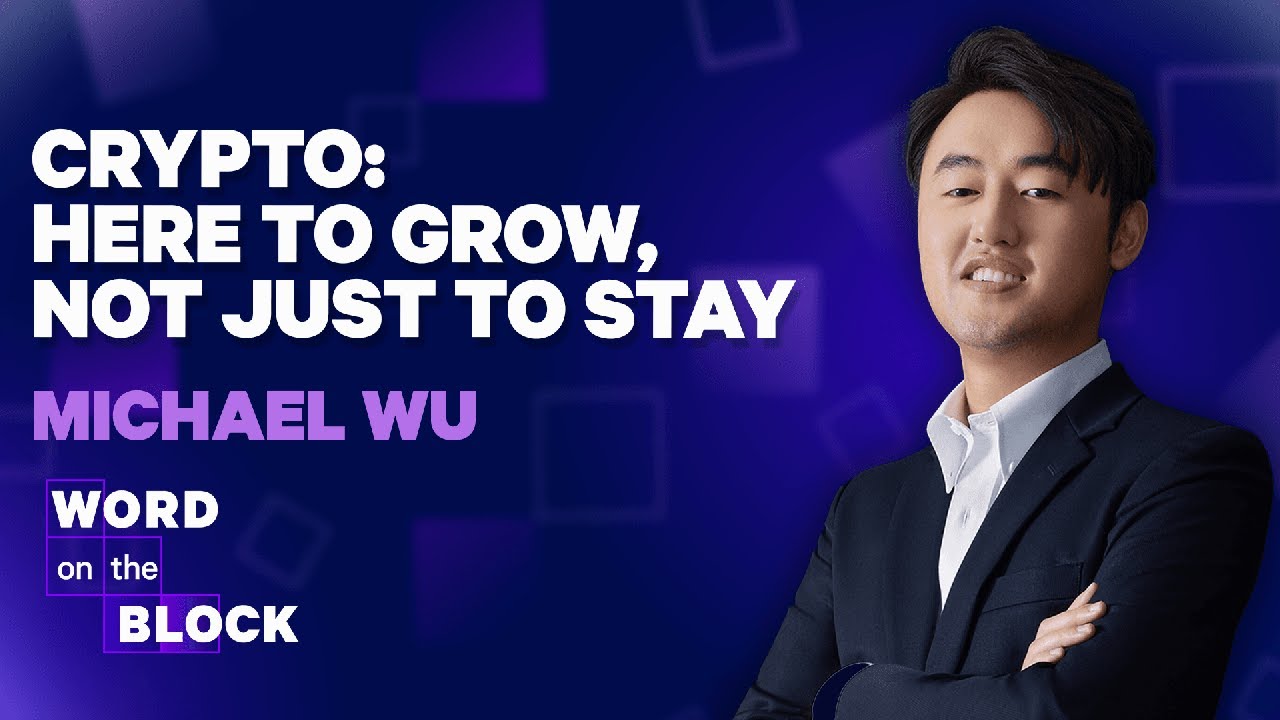

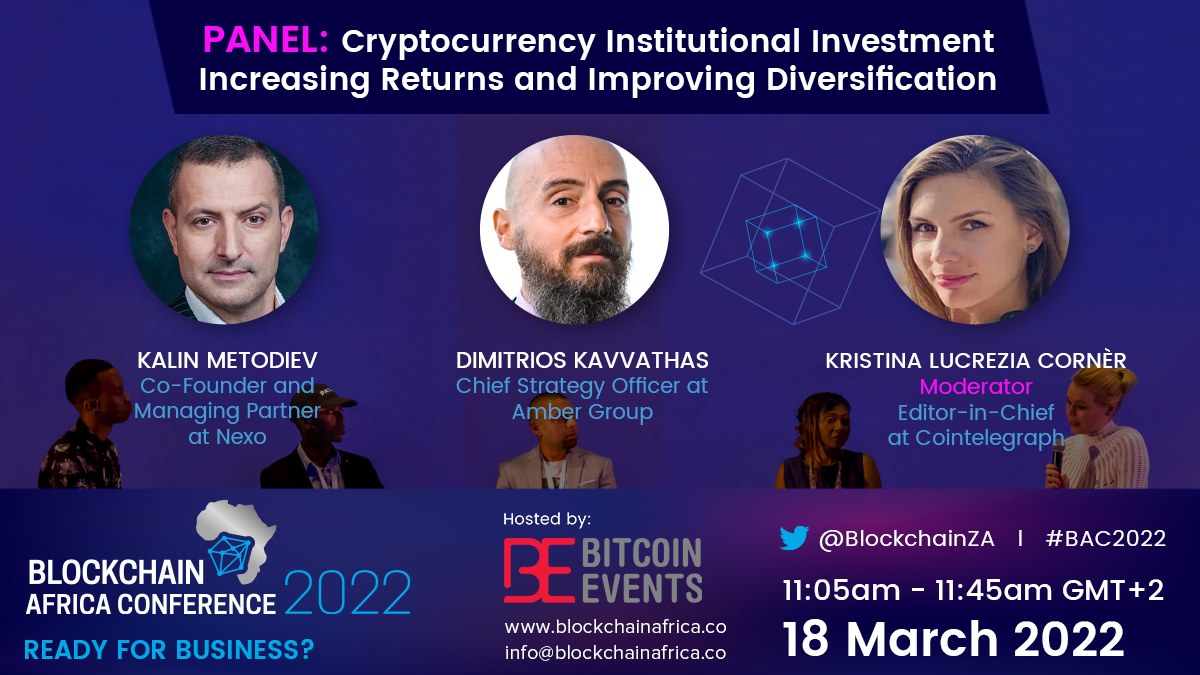
 Rear
Rear